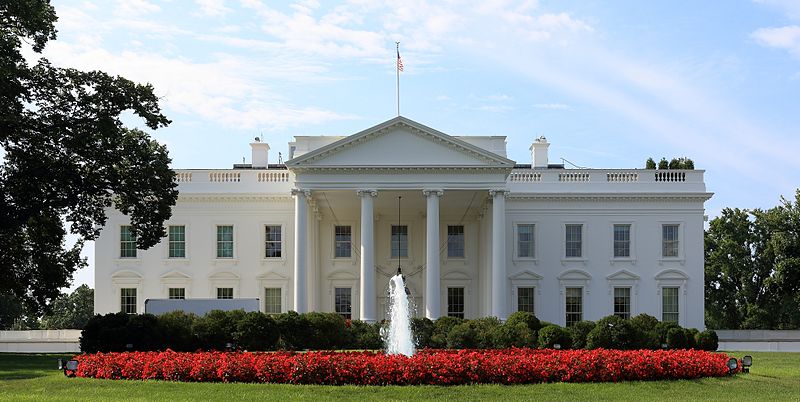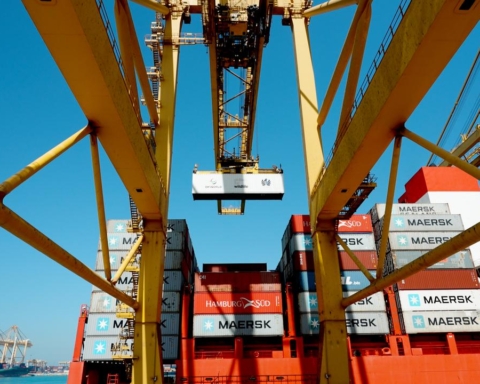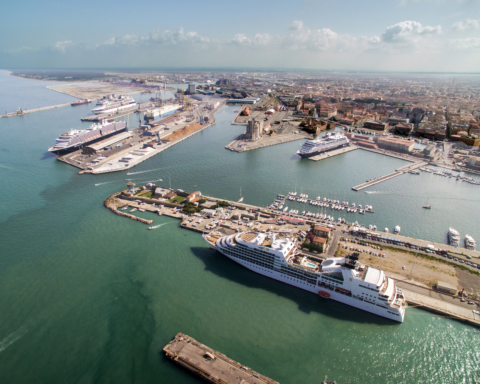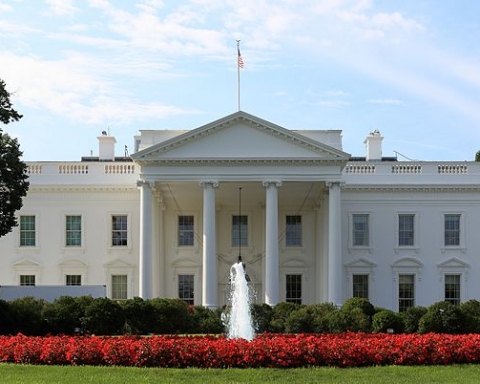Global shipping is at the mercy of a small number of global carriers according to a statement by the White House on progress being made in addressing congestion at ports.
According to the press release the increase in shipping costs between Asia and the West Coast has made it more profitable for ocean carriers to load empty containers quickly or come back without full ships. The share of empty containers exported from the ports of Los Angeles and Long Beach has risen from about 55 percent of the total in the five years prior to the pandemic to over 70 percent this year.
According to the Biden administration, the big companies’ approach raises questions about the fair treatment of U.S. exporters and importers in the maritime sector.
The White House says that nine carriers in three alliances control about 80 percent of the global shipping market and 95 percent of major east-west trade routes. The lack of competition leaves American businesses at the mercy of only three alliances.
Retailers are suffering the most, according to the White House, as they are being charged commissions for containers that remain on the quays even though there’s no way of moving them
The administration went on to say that the Federal Maritime Commission has jurisdiction to regulate carriers and should use all tools at its disposal to ensure free and fair competition.
While alliances between carriers receive legal immunity from the antitrust laws, the FMC can challenge such agreements if they lead to an unreasonable reduction in transportation services or an unreasonable increase in transportation costs.
As for congestion issues, the press note points out that in October, the ports of Los Angeles and Long Beach imported 849,000 containers. Between January and October, there were 8.6 million containers unloaded, 16% more than the same period in 2018. The ports also reduced the number of containers sitting on the quayside from more than 9 days by about a third in the first two weeks of November.
According to the White House, the reduction in long-stay containers is due, in part, to a new congestion charge that ports have imposed on ocean carriers. Carriers have been so busy clearing quays that ports announced this week their intention to defer the charge. Reducing the number of containers clogging up ports improves overall efficiency by creating more space for unloading containers faster and giving trucks more room to maneuver.
Translation by Giles Foster




